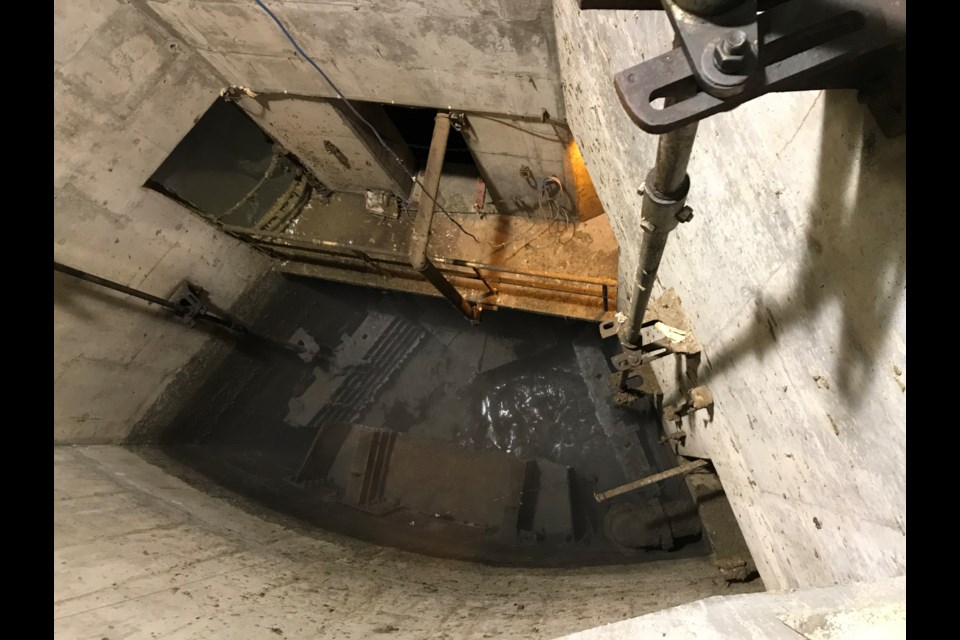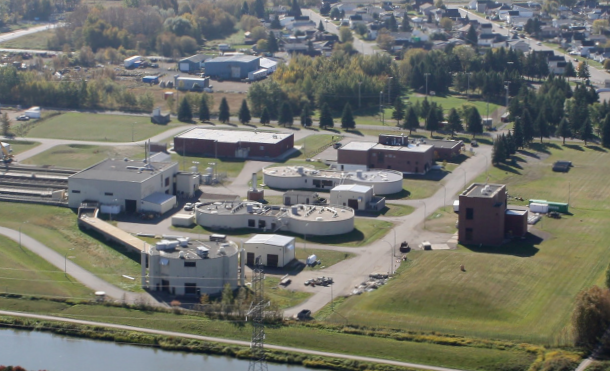THUNDER BAY — Nasal swabs aren't the only way to track the prevalence of COVID-19 in a community.
The City of Thunder Bay will soon begin collecting wastewater samples to help health officials monitor the presence of the virus.
Studies have shown that a significant proportion of infected individuals shed the virus in their stool, even before any symptoms appear.
Regular testing of wastewater for the virus's genetic material (RNA) can help determine whether COVID-19 activity is increasing or decreasing in a particular area, thereby giving health authorities more time to respond appropriately.
The Ministry of the Environment has developed a two-year, $12 million cross-Ontario project involving municipalities and regional laboratories.
The chief chemist in the city's Environment Division, Ian Morgan, says Thunder Bay's samples will initially be sent to the University of Windsor for analysis, but will eventually go to the Health Sciences North Research Institute in Sudbury.
Morgan said HSNRI partners with Laurentian University, Lakehead University and the Northern Ontario School of Medicine.
It will also analyze samples from Sudbury, Sault Ste. Marie and North Bay.
At the outset, Thunder Bay will send one sample weekly to establish a baseline, after which collections will increase to up to three times weekly.
The city is waiting to receive some guidelines from the University of Windsor but expects the project will begin within the next week or two.
Morgan said "at this point, just to get the baseline and the preliminary analysis, all this will be done at the water pollution control plant from the raw intake. That's the only point of collection, but in collaboration with the health unit, if they want to start sampling elsewhere in town, that's certainly something we can take into consideration."
The Thunder Bay District Health Unit will have access to the sampling results once they are inputted to a central repository.
Morgan said his department already has the necessary qualified personnel and equipment to take care of the collection part of the project.
"Beyond us taking one extra sample three times a week, it really doesn't add any work for us."
The medical officer of health for the Thunder Bay District Health Unit, Dr. Janet DeMille, was not available Wednesday to comment on how the health unit plans to use the data the project provides.
However, the benefits have already been proven in other parts of the world.
Last August, after COVID-19 was detected in wastewater samples from a University of Arizona dormitory, testing for the virus was immediately stepped up.
Three students were isolated after they were found to be infected.
Two days later, new tests showed the virus was no longer present in the wastewater.
Ottawa is the only city in Canada where daily testing is currently done. Data from wastewater in the capital city has been found to correspond closely with the results of testing with nasal swabs.

